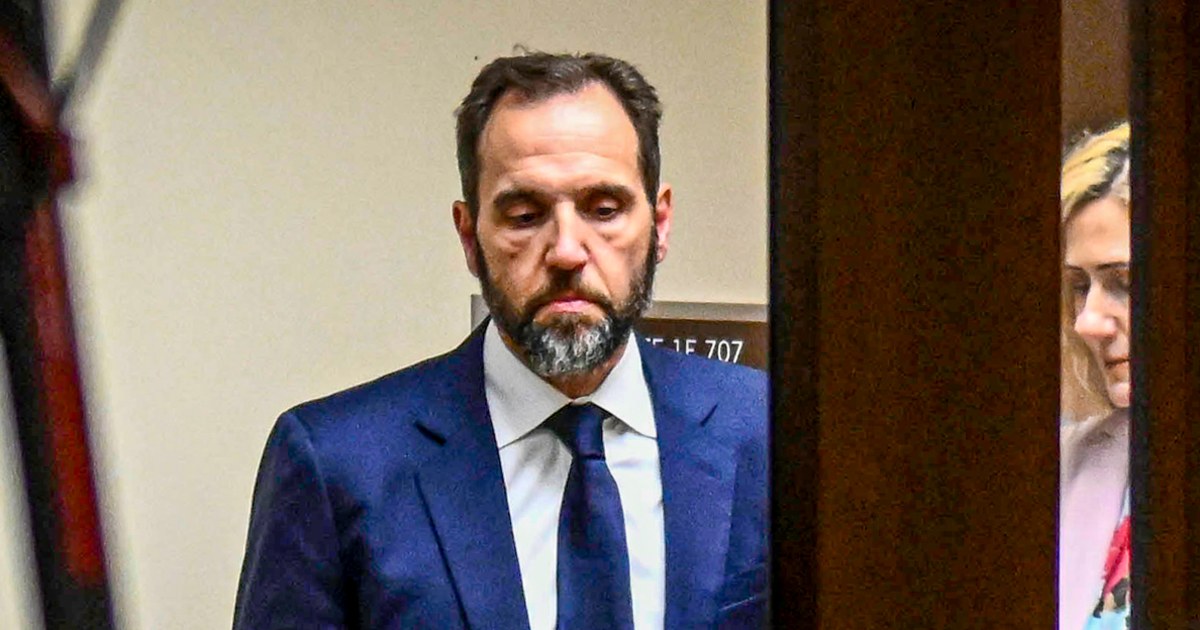We may never learn if special counsel Jack Smith’s new indictment passes the Supreme Court’s immunity test. If Donald Trump wins a second term in November, he’ll be empowered to end the prosecution that accuses him of breaking the law in trying to overthrow the last election.
The superseding indictment filed Tuesday more closely conforms to the Republican-appointed majority’s broad grant of presidential immunity last month, which didn’t exist when the special counsel initially brought the case last year.
But while the new indictment puts Smith in a better position to take Trump to trial, the biggest obstacle the government faces isn’t a legal one but the political question of whether Trump will take office again, which would put him in position to thwart the case. But even if Trump loses, the Supreme Court could still decide that Smith’s new indictment doesn’t meet its recently created test.
The next major step is for U.S. District Judge Tanya Chutkan to apply the vague immunity test to the new indictment. It’s unclear what precise form that analysis will take — including whether there will be a hearing in addition to written arguments, or what such a hearing would entail. Before the superseding indictment issued on Tuesday, Chutkan had set a Friday deadline to hear from the parties about how they want to proceed, and she had set a Sept. 5 status conference to discuss the case.
A court filing from Smith accompanying the new indictment said that “the Government will confer with the defense and make a joint proposal, to the extent possible, regarding pretrial litigation in the status report due Friday.”
Like any defendant, Trump needs to be arraigned on the superseding indictment, though whenever that happens, he would not necessarily have to appear in court for it. (He has, of course, pleaded not guilty, which is why the case is still proceeding.)
But even if Chutkan rules on the immunity test’s application to Trump’s new indictment before November — a complex task, to be sure — the Supreme Court can still have the last word on whether it thinks the trial judge correctly applied its vague test. The justices weren’t in a rush to decide the initial immunity appeal; don’t expect them to speed up any review as the election nears.
The new indictment can’t overshadow the reality that a Trump victory in November could moot the issue, legally. If elected, Trump could try a legally untested self-pardon or just order his newly installed attorney general to dismantle the case. The Justice Department also has a policy against prosecuting sitting presidents. (Presidents can’t pardon or dismiss state cases, however.)
It’s an open question whether the Supreme Court would agree that Smith’s more-targeted indictment passes its immunity precedent, as well as the high court’s other recent Jan. 6 decision, Fischer v. United States, which narrowed obstruction charges against Jan. 6 defendants. Trump still faces the same four charges in the new indictment, including two obstruction-related counts.
In a footnote in the immunity ruling, which came out after Fischer, Chief Justice John Roberts’ opinion said, referring to the relevant obstruction statute, that, “If necessary, the District Court should determine in the first instance whether the Section 1512(c)(2) charges may proceed in light of our decision in Fischer.” But we’ll only learn the answer to that question if Trump loses.
Subscribe to the Deadline: Legal Newsletter for updates and expert analysis on the top legal stories. The newsletter will return to its regular weekly schedule when the Supreme Court’s next term kicks off in October.


Leave a Reply